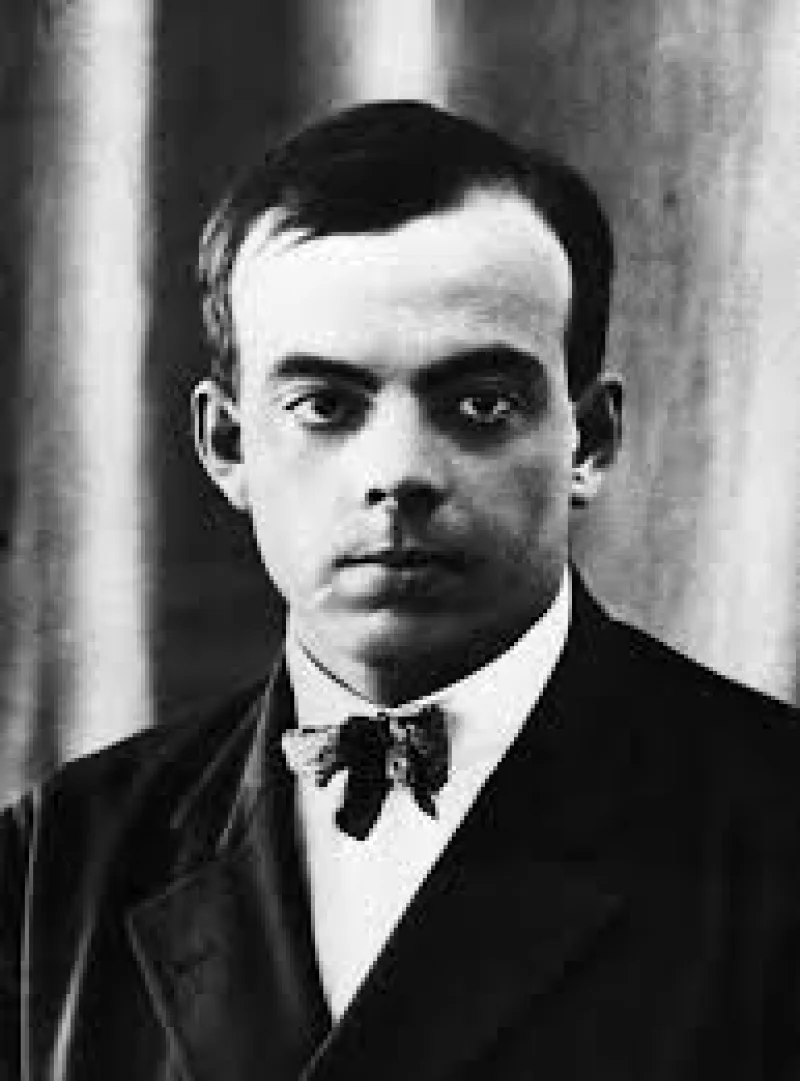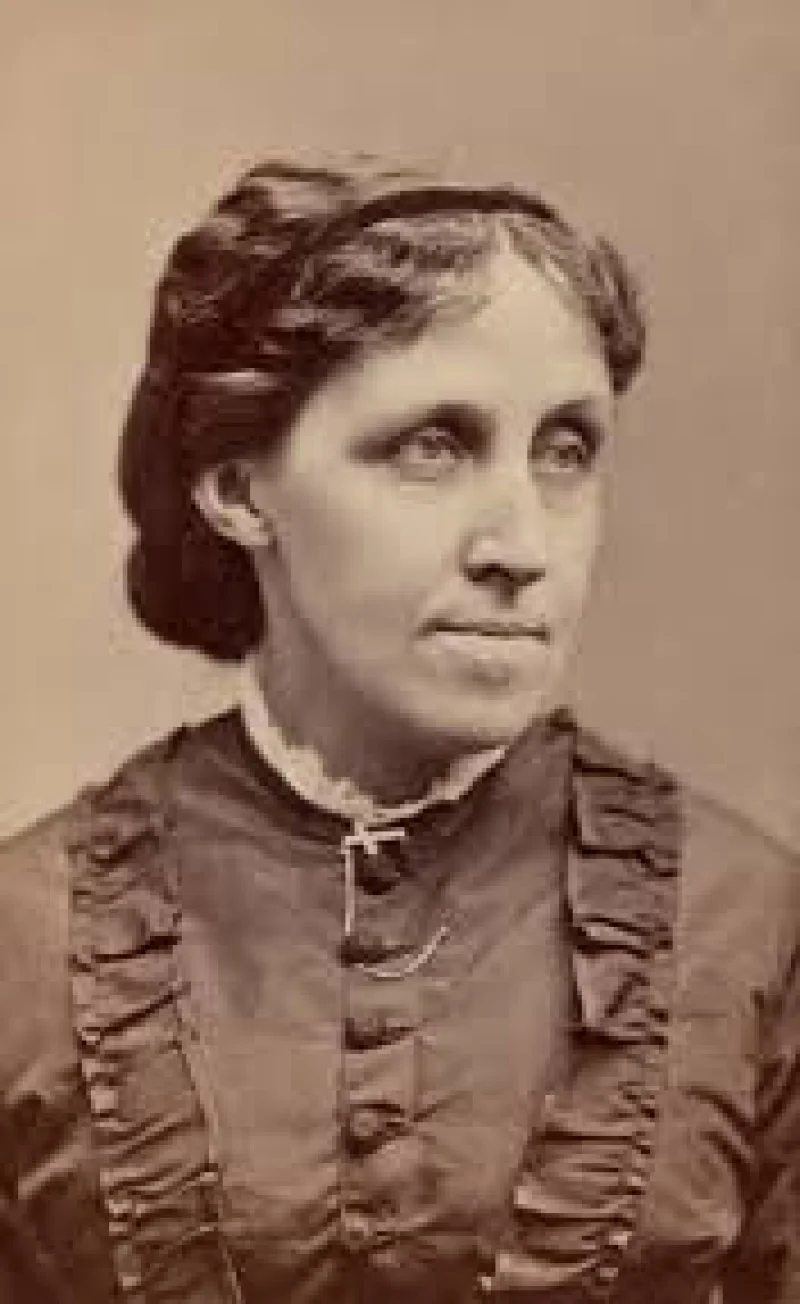Short Summary
Antoine de Saint-Exupéry was a French writer and pioneering aviator, best known for his novella "The Little Prince." His work in aviation significantly contributed to the development of airmail routes in the early 20th century. His literary works, often inspired by his flying experiences, explore themes of human connection and the search for meaning. His legacy endures through his timeless stories that continue to resonate with readers across the world.
Early Life & Education
Born on June 29, 1900, in Lyon, France, Antoine de Saint-Exupéry was the third of five siblings in an aristocratic family. Following the death of his father, he grew up under the care of his mother, who nurtured his creative talents. Saint-Exupéry attended the Jesuit schools in France and later enrolled at the Lycée Saint-Louis in Paris. Although he initially pursued architecture, his passion for aviation led him to join the French Air Force, where he trained as a pilot. His experiences during this period laid the foundation for both his aviation career and his literary endeavors.
Career Highlights
Saint-Exupéry's career began as a pioneering airmail pilot in the late 1920s, flying for Aéropostale, a company connecting France with South America and Africa. His experiences as a pilot inspired much of his writing, including the acclaimed novels "Night Flight" and "Wind, Sand and Stars." During World War II, he served as a reconnaissance pilot despite being over the typical age for active duty. His commitment to aviation and storytelling intertwined, leading to the creation of his most famous work, "The Little Prince," published in 1943, which became one of the best-selling books in history.
Major Achievements
- Published "The Little Prince," a philosophical tale beloved worldwide for its profound themes and interpretations.
- Pioneered airmail routes across the Sahara and the Andes, significantly advancing international airmail service.
- Awarded the Prix Femina for his novel "Night Flight," highlighting the dangers and romance of early aviation.
Famous Quotes
- "It is only with the heart that one can see rightly; what is essential is invisible to the eye."
- "A goal without a plan is just a wish."
Interesting Facts
- Saint-Exupéry disappeared during a reconnaissance mission over the Mediterranean in 1944, and his fate remained a mystery for decades.
- "The Little Prince" has been translated into over 300 languages and dialects, making it one of the most translated books in history.
- He was awarded the Legion of Honor, one of France's highest honors, for his contributions to literature and aviation.
Legacy / Influence
Saint-Exupéry's legacy lies in both his pioneering contributions to aviation and his profound literary works. "The Little Prince," in particular, continues to influence generations with its exploration of themes such as love, responsibility, and the essence of human relationships. His writings have inspired countless adaptations in various media, and his life story remains a testament to the spirit of adventure and creativity.
FAQ
Q: Why is Antoine de Saint-Exupéry famous?
A: He is renowned for his novella "The Little Prince" and his pioneering work in aviation.
Q: What happened to Antoine de Saint-Exupéry?
A: He disappeared during a reconnaissance flight over the Mediterranean Sea in 1944.
Q: What are some themes in "The Little Prince"?
A: The book explores themes of love, friendship, and the search for meaning.










